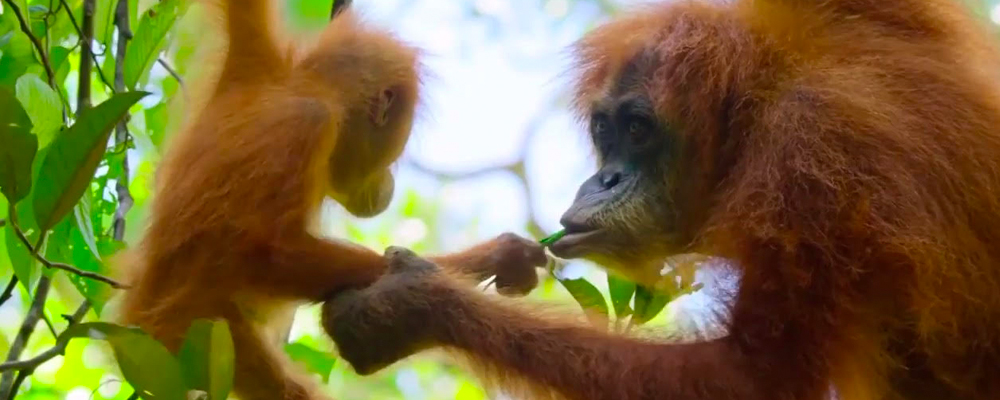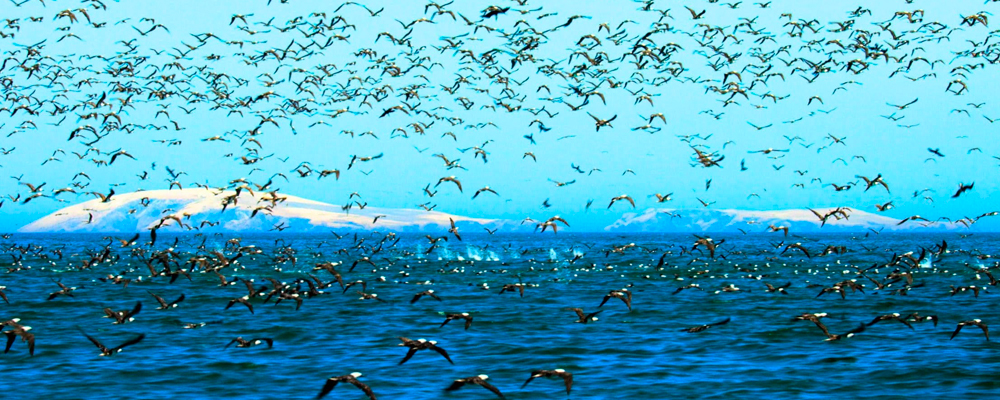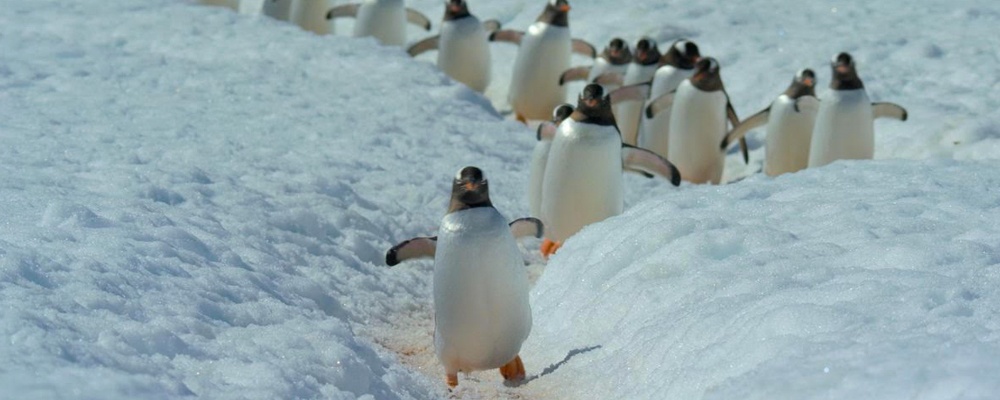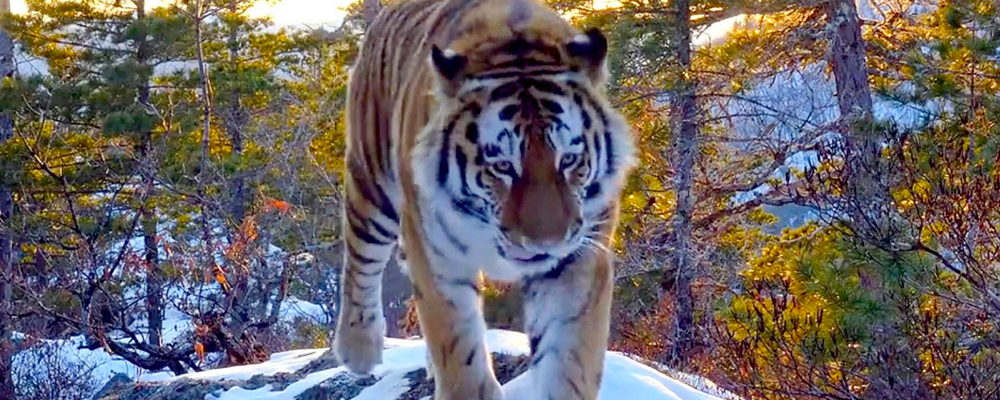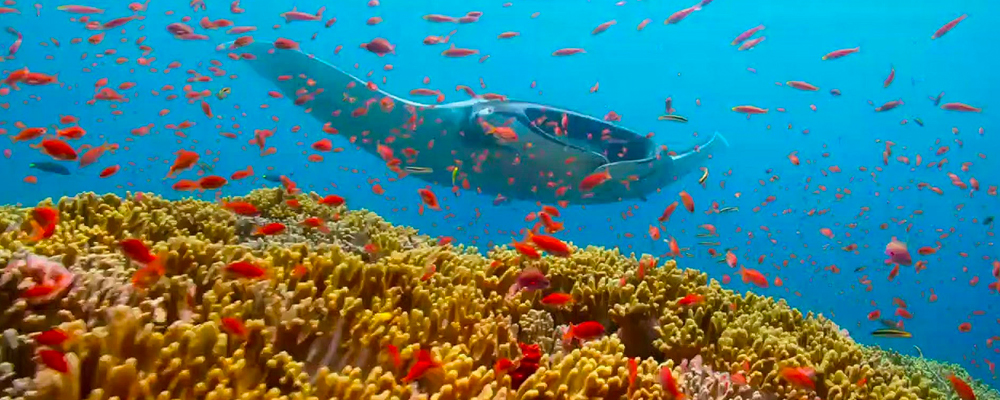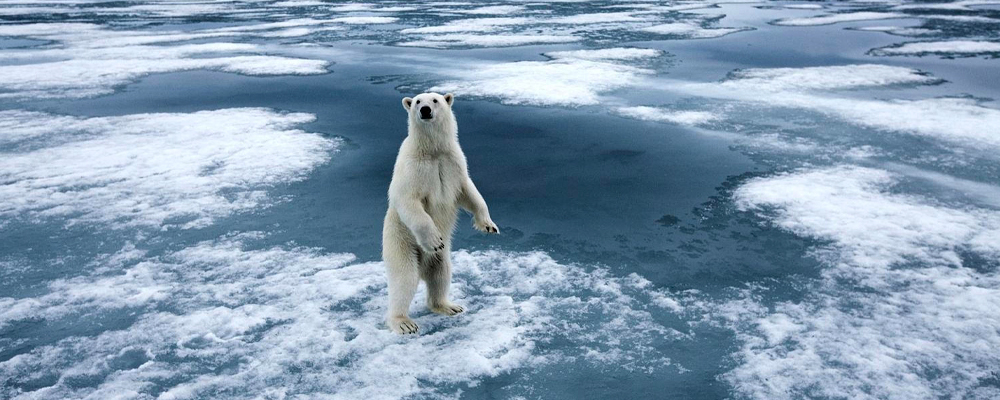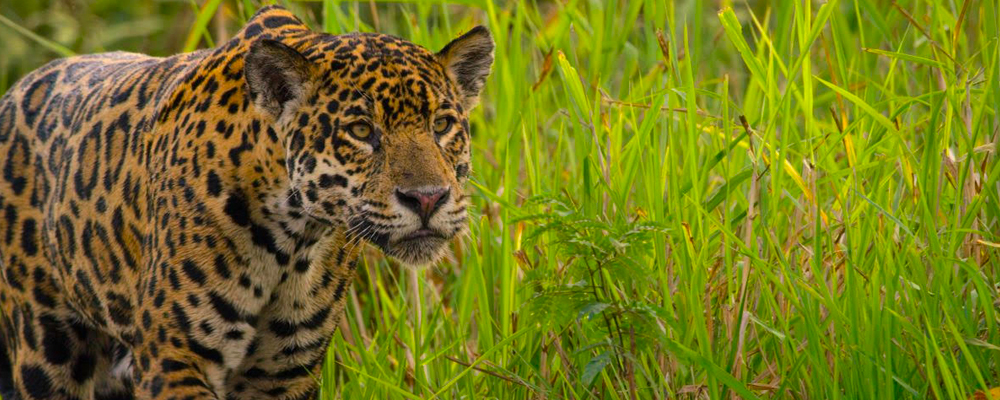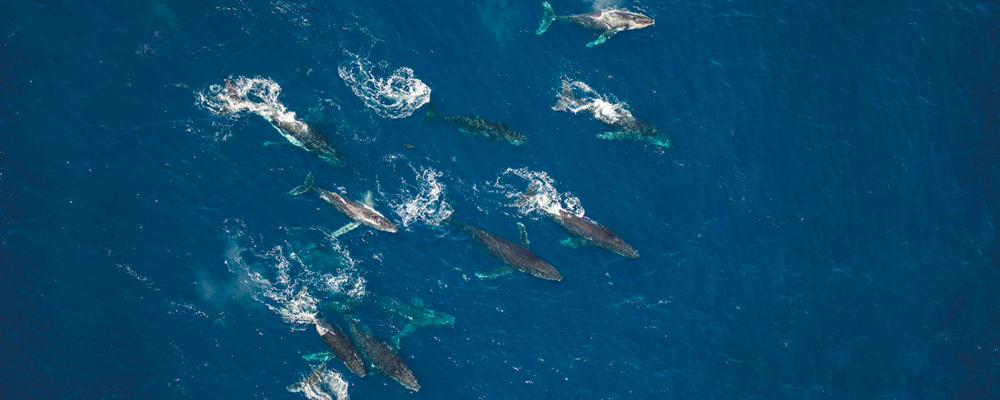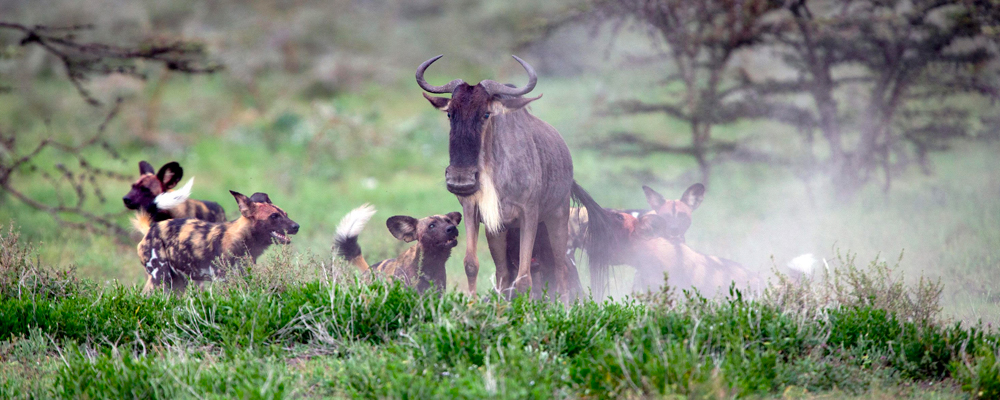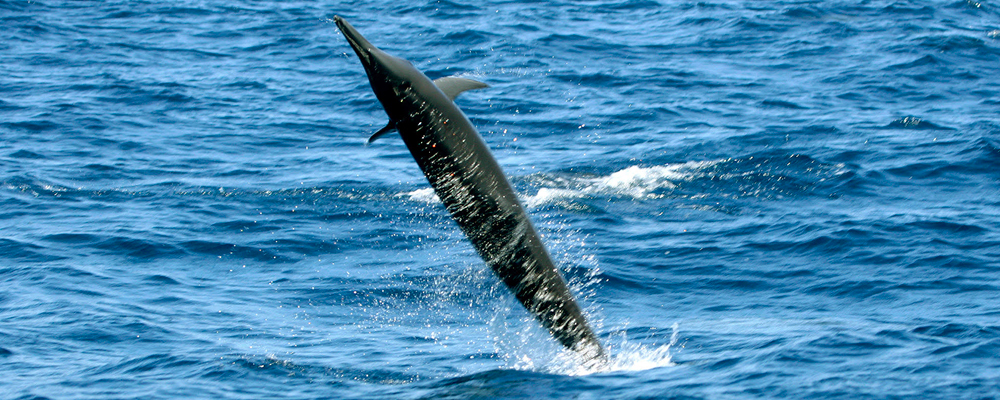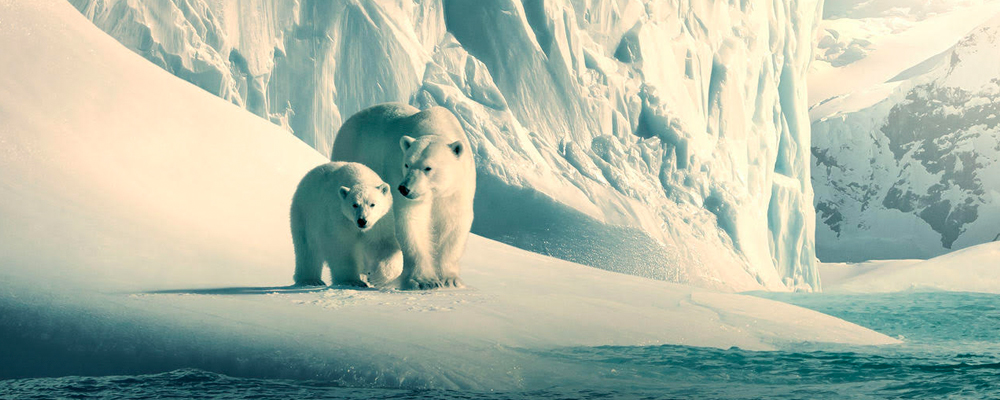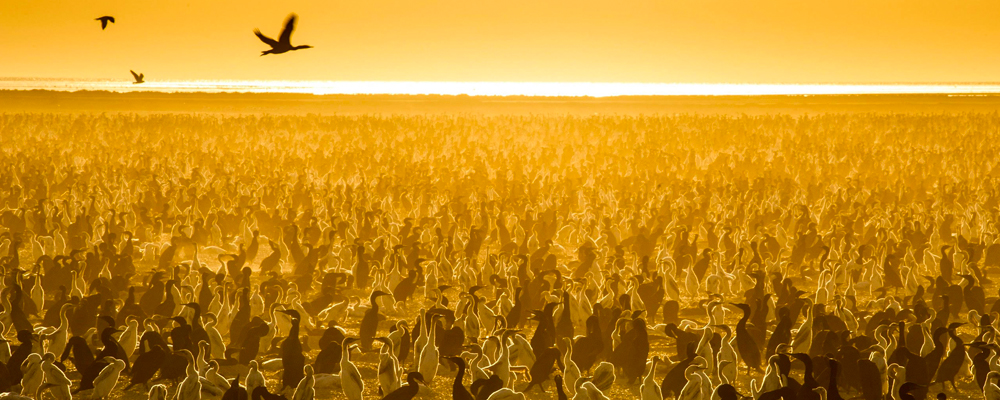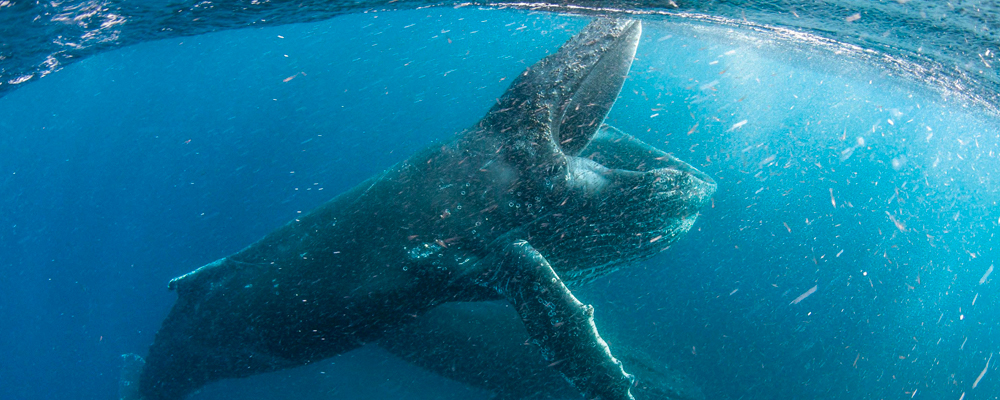Netflix’s ‘Our Planet’ Makes a Stunning Case for Saving the Environment
Alci Rengifo
Netflix’s stunning new docuseries “Our Planet” basks in the majestic beauty of Earth, exploring its great valleys, frozen glacial zones and burning jungles. All of it is given context and eloquence through a narration by David Attenborough. But only on the surface does it sound like the slew of nature series we’ve been watching for years like the original “Planet Earth,” also narrated by Attenborough. Along with the breathtaking vistas, “Our Planet” arrives with an urgent, at times very dire message. Climate change is real and it is shifting the world’s delicate balance. In 20 years it may be too late.
Divided into eight episodes, “Our Planet” covers the expanse of our globe, following penguins in the arctic as they mate, orca whales as they hunt, frogs climb exotic vines and flamingos as they lay eggs in former riverbeds turned salt traps. But we are not merely observing nature at work, we are watching it struggle to survive as climate change threatens its very existence. Walruses die gasping deaths because their ecosystem is changing, tigers are under bigger threat of extinction as the food they hunt is also threatened by an environment being turned upside down. In the arctic larger and larger sheathes of ice are breaking away, causing not only sea levels to rise but the homes of animals such as the polar bear to disappear.
It was inevitable that a docuseries like “Our Planet” would begin to focus its attention on the manifesting threats due to global warming. This series is overseen by creator Alastair Fothergill, who also created “Planet Earth” for BBC America. With Netflix he and Attenborough are telling audiences that it is not enough to just gaze at the beauty of nature, action must be taken to save it. Gone are the days when we could comfortably watch these documentaries and drink in the sights. With every astoundingly beautiful image, “Our Planet” then reminds us that it’s all in peril. Images of gorgeous, orange-haired apes are followed by the information that 100 of these primates die every week, Arabian leopards are the last of their kind and magnificent whales in the arctic are seeing their food supply vanish due to eroding ice caps. Those cute penguins we see walking through passageways carved by their tiny feet may disappear someday because their very habitat is vanishing, the same goes for polar bears wandering through landscapes melting beneath their feet. The first episode, “One Planet,” ends with a stunning, haunting shot of ice walls collapsing in the Arctic, like monstrous structures, their falling pieces creating vast, furious waves racing towards fleeing birds. It is quite a sight to behold, but Attenborough warns us that such occurrences are becoming more frequent and will cause sea levels to rise to threatening levels. Earlier in the episode we were introduced to sea birds off the coast of Peru, who carry out a stunning hunting ritual as they dive like bullets into the ocean to catch fish. But as Attenborough later warns us, those very birds will see their homes disappear as a result of the melting ice caps and resulting, rising ocean currents. With every awe-inspiring sequence, “Our Planet” brilliantly drops a warning sign, leaving us in a state of necessary reflection.
As with previous series like “Planet Earth” and “Blue Planet” involving Fothergill and Attenborough, “Our Planet” is an aesthetic wonder. The show’s hypnotic photography, editing and lush music turn nature into a dramatic arena of life and struggle. Sea lions prowl for prey through underwater forests of sea weed, tigers stalk elk through rows of long grass and cheetahs race across the screen in a furious hunt. The Brazilian rainforest and Norway become settings for the cycle of life. Always the narration frames everything with a refined wisdom. When orcas surround a penguin, tossing it around in preparation to eat it, Attenborough reminds us that while this may seem cruel, it is part of a natural wheel, with the baby orcas learning important survival lessons. What climate change is threatening is this very structure of life.
With the force of poetry “Our Planet” warns us that all we consider beautiful on our home is close to reaching a breaking point. Where there was once abundant water we are seeing arid desert, where there was thriving life there is now forced migration. This is not fiction. These images are stunning in their clarity, but there is also the melancholic observation that we need to act now so such images can continue to be captured in the future.
“Our Planet” premieres April 5 on Netflix.

